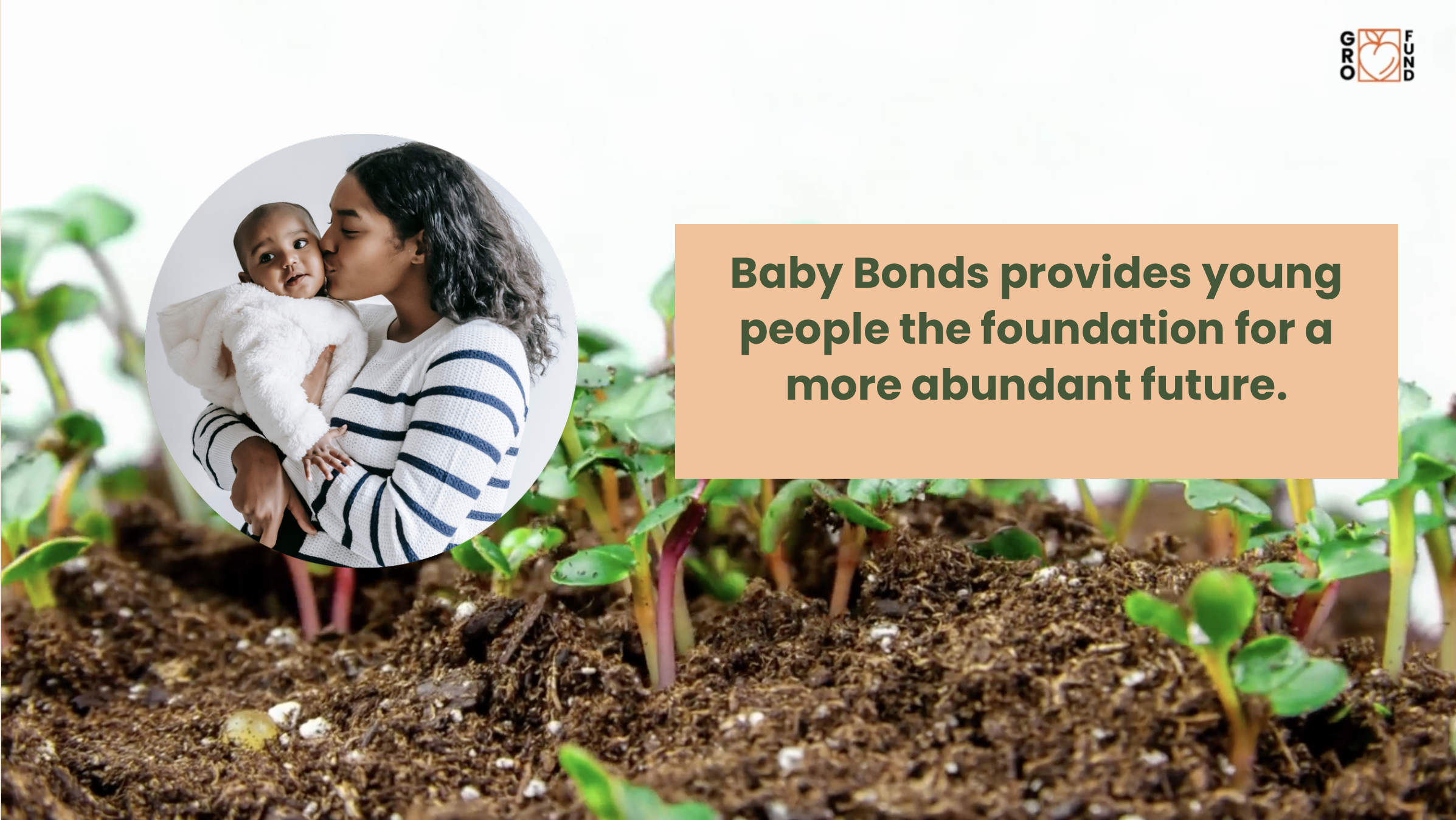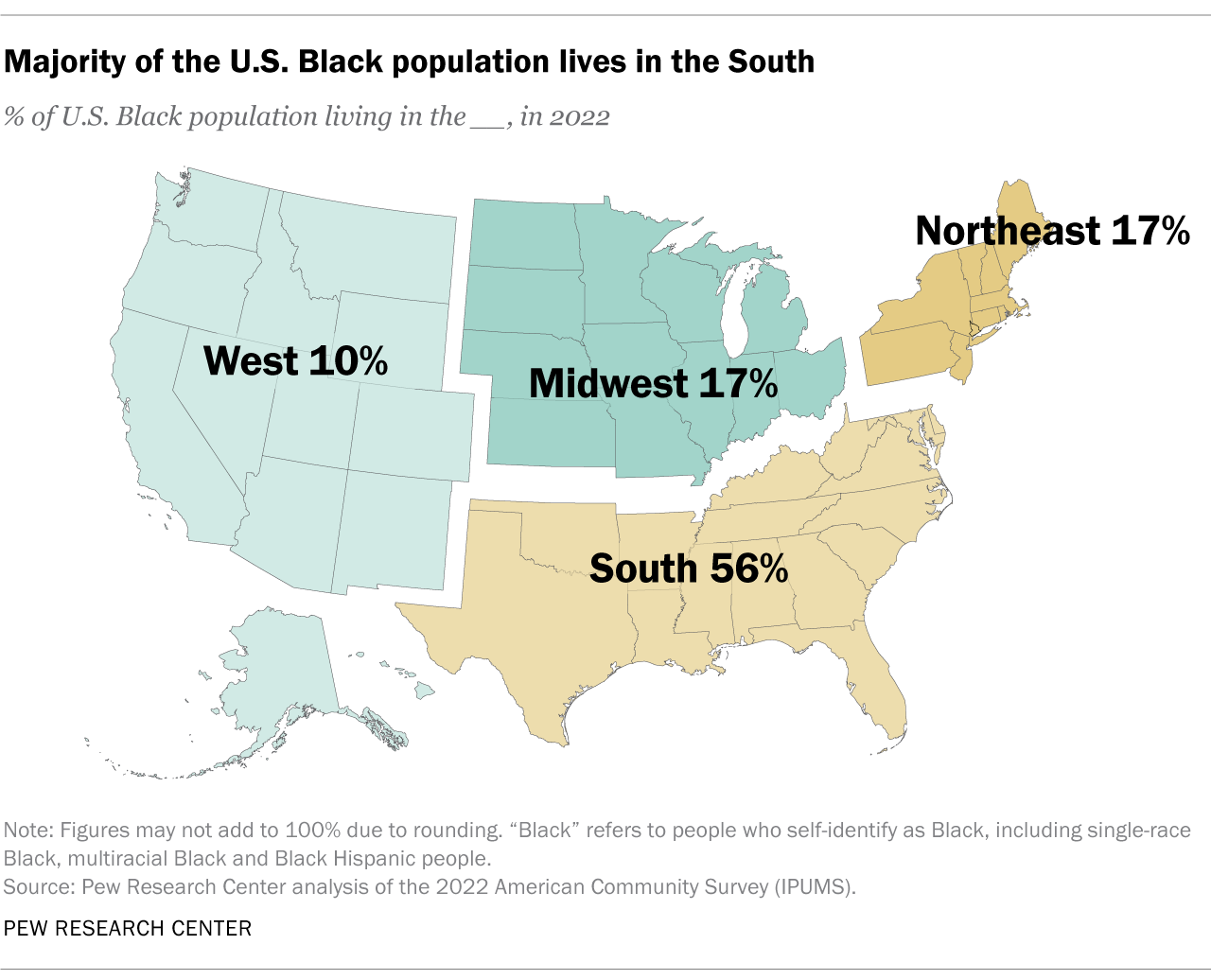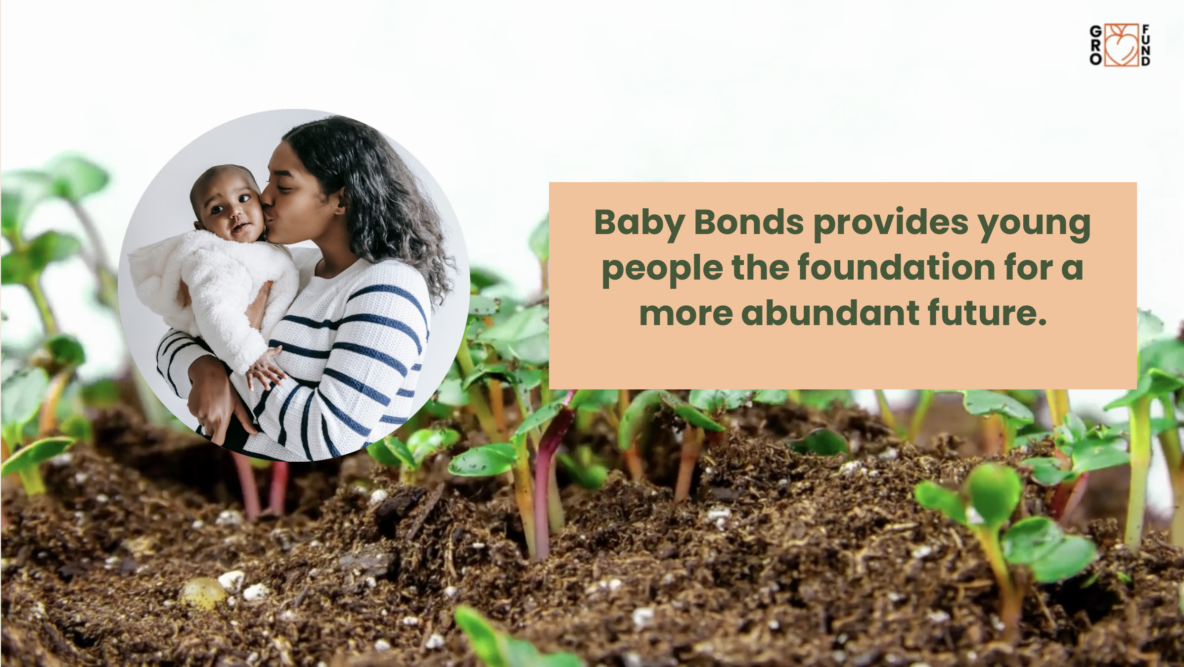By Amit Khanduri | May 15, 2024

Baby Bonds are an increasingly popular bipartisan government policy in which every child born into poverty receives a publicly funded trust account at birth. This “start-up capital” allows young adults to access education, home ownership, and entrepreneurship, enabling them to build wealth and lead lives that are hopeful, fulfilling, productive, prosperous, and self-directed. Follow our Baby Blogs series to learn about the vision, politics, and people behind Baby Bonds and their transformative impact on the lives of young people, their families, communities, and our economy.
In this installment of Baby Blogs, Amit Khanduri, Director of Programs for the Georgia Resilience and Opportunity (GRO) Fund, discusses the GRO Fund’s new Baby Bonds pilot program, Seed Capital for Life, and their efforts to bring inclusive economic policy to the American South.
The Georgia Resilience and Opportunity (GRO) Fund’s accelerated Baby Bonds pilot, Seed Capital for Life, aims to be the first program to pair two bold, emergent policy proposals—guaranteed income and Baby Bonds. The program builds on GRO’s guaranteed income work, where our In Her Hands initiative is the largest guaranteed income program in the country focused on Black women.
When fully funded, Seed Capital for Life will provide a $40,000 Baby Bond and $500/month in guaranteed income to 250 young Georgians over a six-year program. Guaranteed income provides regular, unrestricted cash, creating an income floor to support basic needs. While guaranteed income significantly improves financial stability, individuals need “investable sums”—a large amount of money dedicated to asset building—to build wealth. Baby Bonds provide “investable sums” large enough to reduce barriers to asset-building and help young people take steps toward growing wealth, be it by starting a new business or investing in their education. Pairing Baby Bonds with guaranteed income is crucial. It’s almost impossible to invest in long-term wealth building when you’re fighting every month to keep food on the table.
Seed Capital for Life is a bold and necessary proposal for the South. When it comes to anti-Black economic exploitation, every region of the United States is culpable, but the South has some of the widest racial wealth divides in the nation. The white-Black racial wealth divides in Atlanta, Houston, and Greensboro, North Carolina, for example, are 1:46, 1:47, and 1:87. This means the average white household in these cities has 46 times, 47 times, and 87 times more wealth than the average Black household, respectively. These wealth divides are as large or larger than the national racial wealth divide in 1863, just after Emancipation.
What’s worse, collectively, the wealth divide is growing. According to Prosperity Now’s landmark report, The Road to Zero Wealth, if we don’t act fast, and boldly, the median household wealth for Black Americans will fall to net-zero by 2050.
Policy choices direct wealth accumulation; wealth is not naturally occurring. Historic and contemporary policies undermine economic opportunities for Black communities and have disproportionately benefited white communities. Baby Bonds could mitigate this trend, and many of the communities most in need of that reversal are located in the American South.
“As the South goes, so goes the nation.”
We believe that when Black communities thrive, we all do, and that by addressing the economic conditions affecting them, we can create a more just, inclusive society for everyone. By directly targeting the root causes of racial wealth inequality, Baby Bonds can close the wealth divide for young people by 50 percent. This underscores the need to bring Baby Bonds to the South.

The South is the largest and fastest growing region in the U.S., and is home to the majority of the nation’s Black population. With the largest congressional delegation of any region—and an outsized influence on presidential elections—the region is uniquely important for the political future of Baby Bonds as a policy proposal.
Through Seed Capital for Life, we intend to build momentum in support of Baby Bonds in the South with the interim goal of sparking the launch of additional pilots that can lay the foundation for the passage of Baby Bonds legislation across the region.
The potential of Baby Bonds to reshape the South is difficult to overstate.
In addition to massively cutting the racial wealth divide, Baby Bonds could, at scale, generate ripple effects that transform communities. The policy could lead to new businesses serving previously neglected communities. Labor markets would expand in a way that’s unprecedented in American history as young people flock to receive the training and education that for too long has been beyond their reach. Baby Bonds could spark a real estate boom as property ownership becomes a viable possibility for more young people.
One hundred and eighty years after the end of slavery, a reinvigorated Black Belt could rise and help drive a world-leading economy. That’s what’s on the table here. It’s an opportunity to fuel a new, inclusive American economy from the bottom up.
Amit Khanduri serves as Director of Programs for the Georgia Resilience and Opportunity (GRO) Fund, where he develops GRO’s Baby Bonds pilot program among others. Amit’s work and studies focus on driving bold solutions to narrow Atlanta’s racial wealth and income gaps.
If you missed previous installments of our Baby Blogs series, read them here.
Learn more about Baby Bonds in Georgia.
To share feedback on this blog, or for questions about Baby Bonds, email David Radcliffe at radclifd@newschool.edu.
To learn more, explore our Baby Bonds resources.

